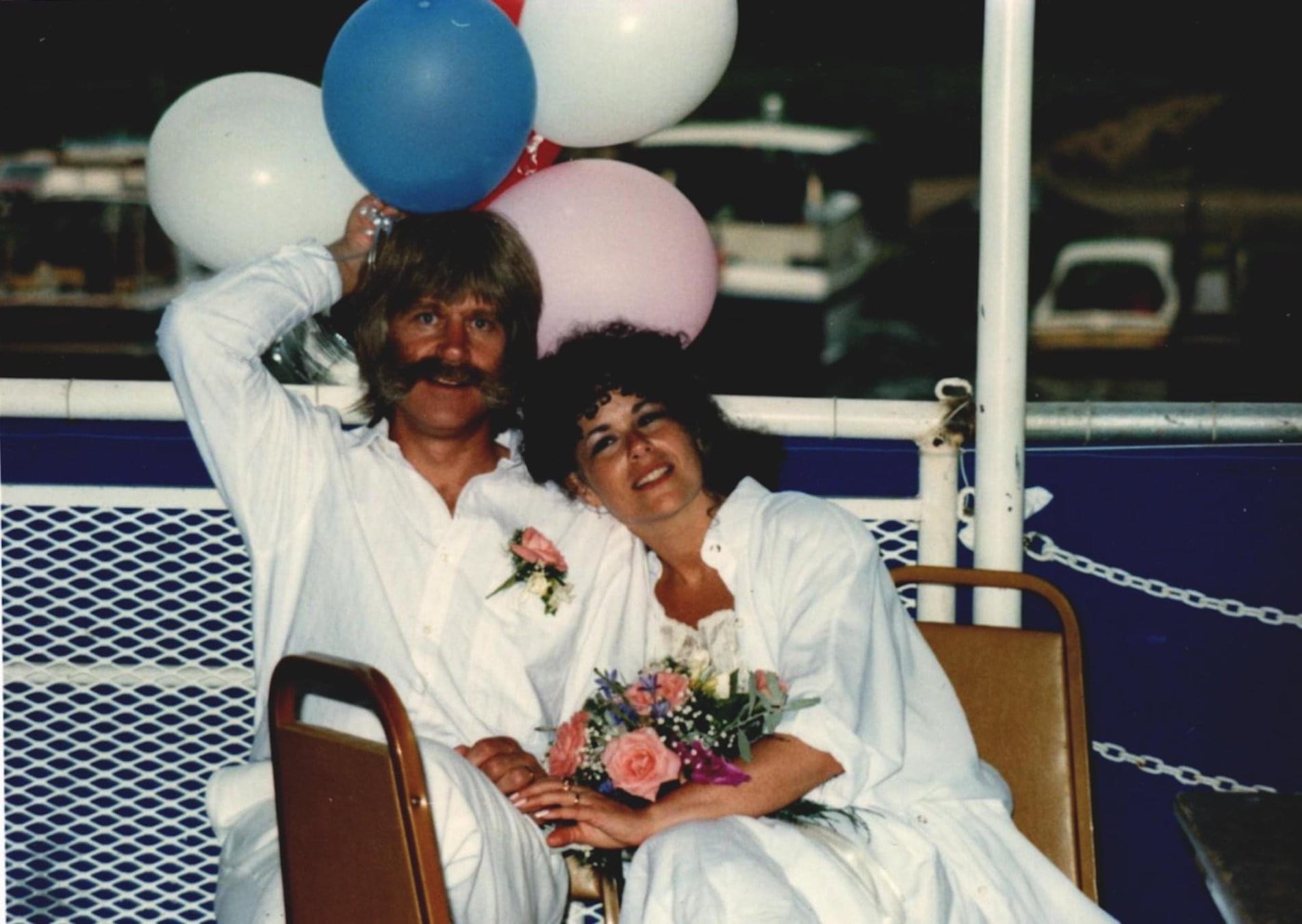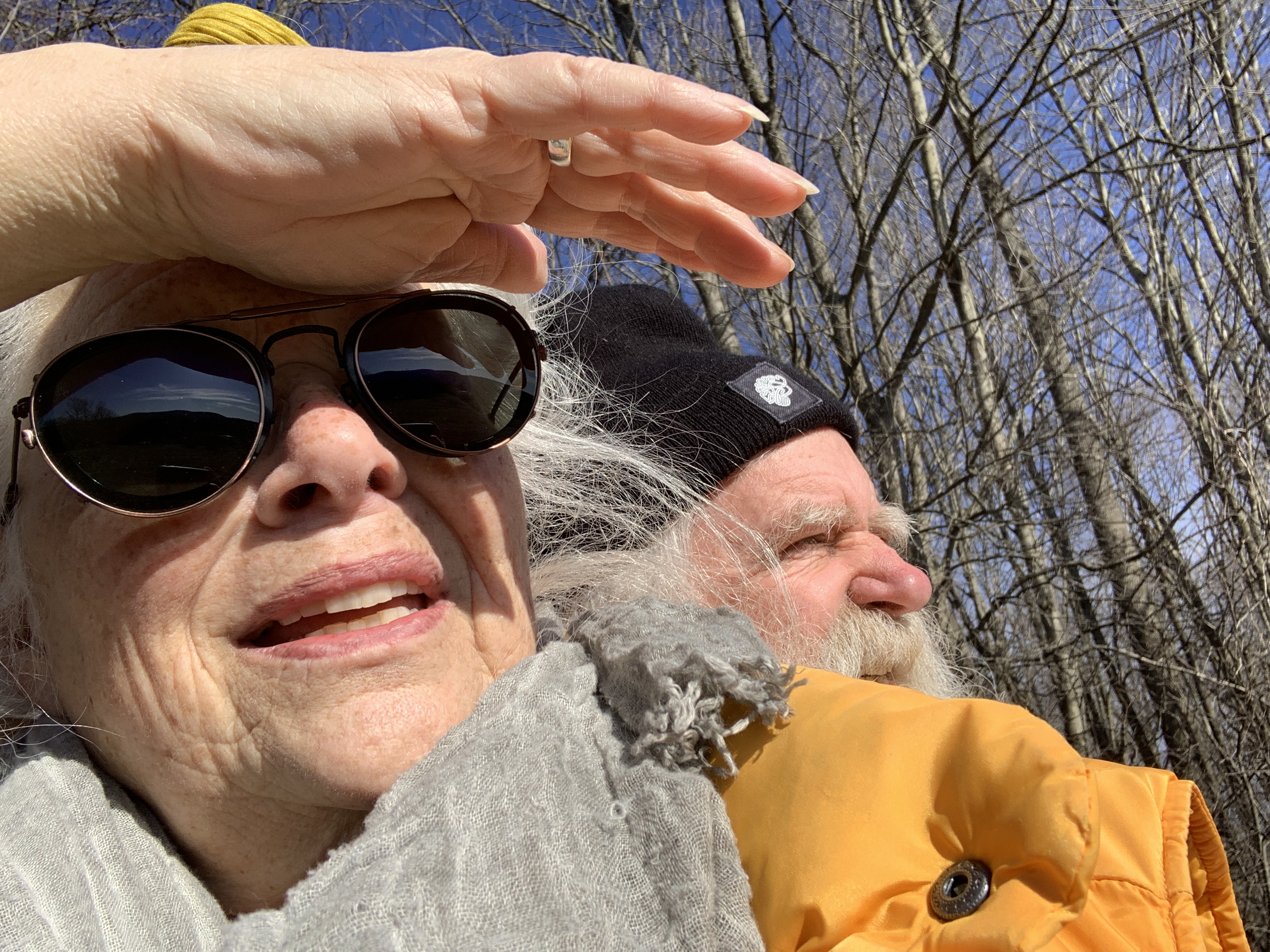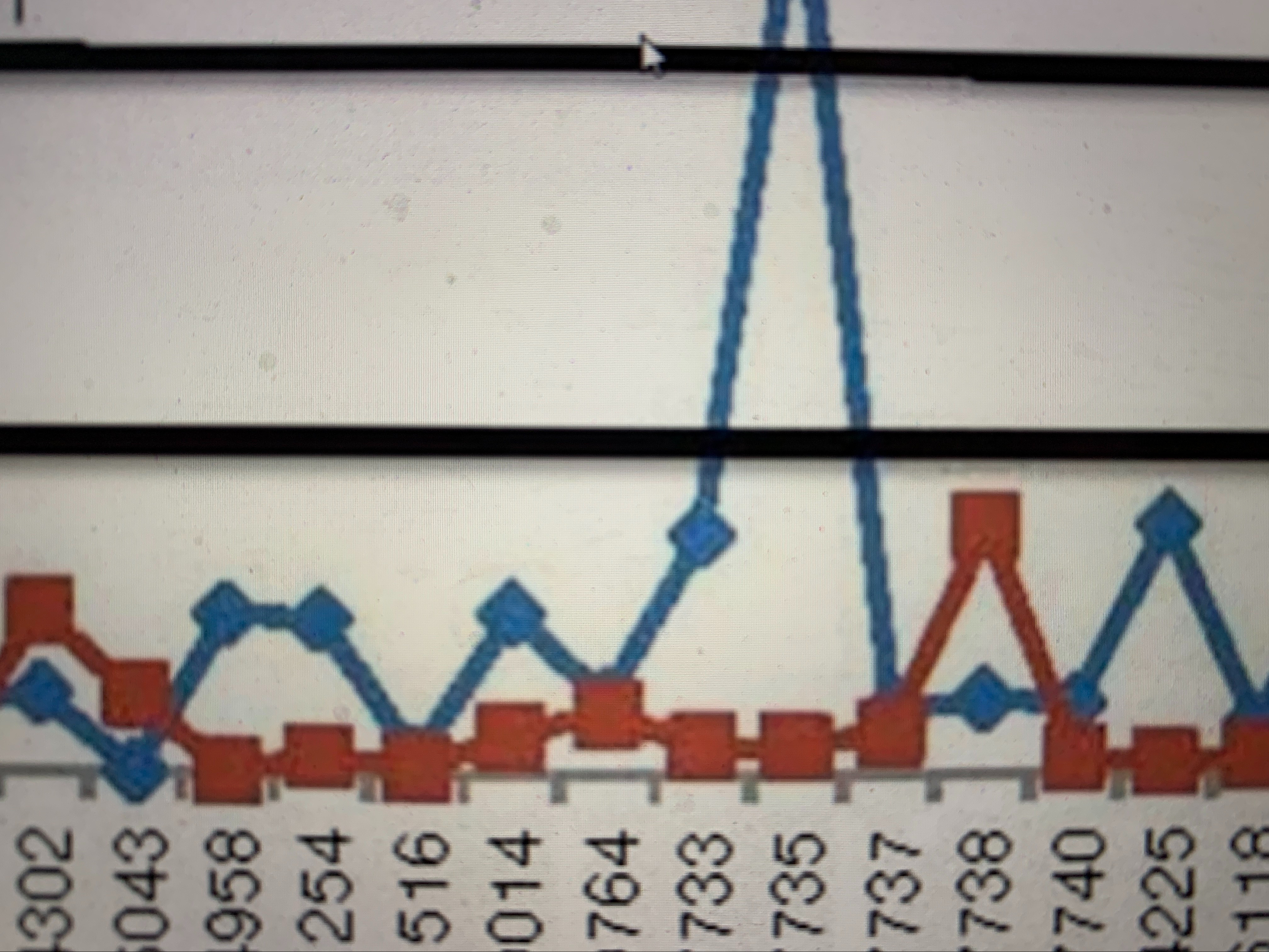My article rejected by the Boston Globe, The Forward, Lilith, the exhibit continues through September 11 at the MFA, Boston:
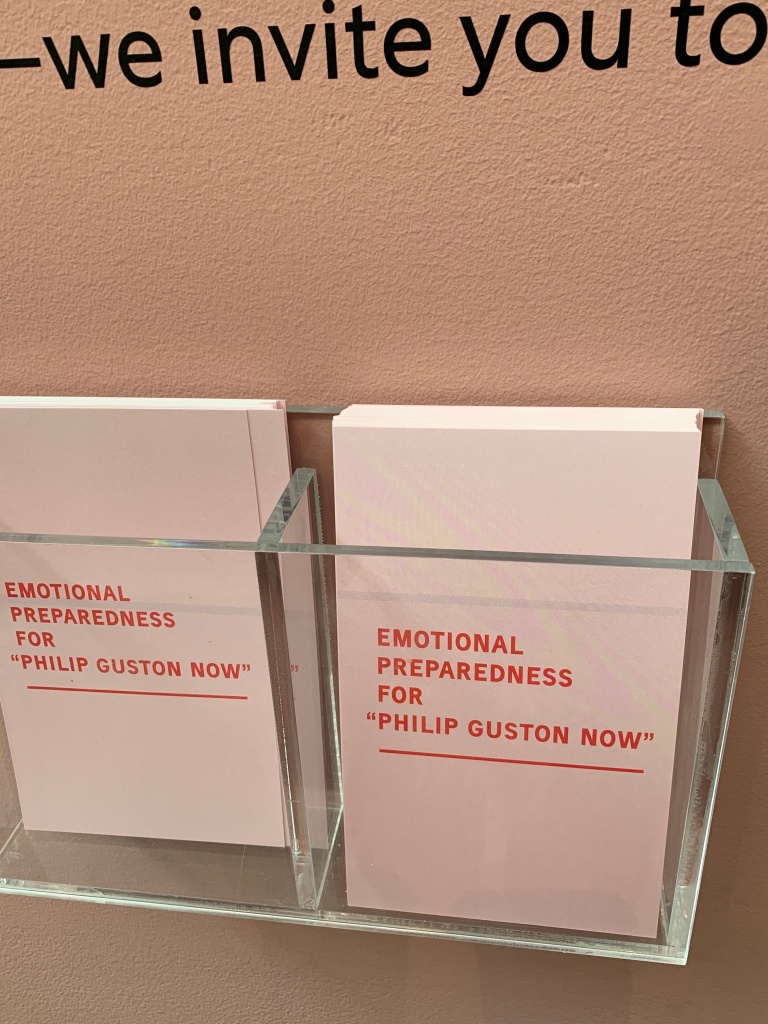
My Mother’s Day gift was a trip to Boston’s Museum of Fine Arts to see the Philip Guston Now exhibit, both for the art as well as the confusing cancel culture controversy surrounding it. As an artist, writer, psychiatric nurse practitioner, feminist and Jew, cancel culture represents a polarizing mixed bag of disappointments begging the question; how have we become so frail and so unable to understand nuance?
A very Mother’s Day pink 5 ½ x 9-inch card greets us at the entrance of the exhibition:
“Emotional Preparedness for “Philip Guston Now.”
As a college student in Israel, I never visited Yad VaShem, the World Holocaust Remembrance Center. I did not have the stamina for it. I’d had experience with emotional frailty; at age sixteen I had to be escorted out of the Czechoslovakian movie about the Aryan comptroller and the old Jewish shopkeeper because I became hysterical. Growing up with anti-Semitism in the shadow of the Holocaust framed my young life. Maybe a trigger warning would have been a good idea, but then again I would have not understood myself and my response to the atrocities of the world as well as I do now, nor would I have been able to do the work I do had I not learned to titrate and tolerate my exposure. To gain agency and learn how to be upset, to absorb and reckon with it. Dialogue. How many times did we, as a nation, watch the knee on George Floyd’s neck? And now it is expected we can’t see a major art exhibit without input from a trauma specialist? Commentary on anti-Semitism or commentary on racism or commentary on war is very different than anti-Semitism or racism or militarism itself. Guston’s KKK imagery, his disembodied figures, his Nixon cartoons represent his horror at the acts, and as biographers suggest, our complicity. If we can’t look at it, how can we understand our role in it. How can we change?
I can’t help but pair the Philip Guston Now controversy at the Museum of Fine Art, Boston, with the Frank Langella Netflix controversy, both of which I read about on the same day. We miss out on a great performance because an actress walked off the set during a clothed love scene where Langella touched her leg? An actress should be able to function within character, whatever it takes to make the scene art. (Ok Ok even I’m yelling at myself about the butter scene in Last Tango in Paris, it’s all so complicated, isn’t it?) But if you’re sensitive about love scenes, maybe don’t become an actress. I’m talking about things we can control. Obviously atrocities like lynchings and rapes and holocausts are out of our control.
I’m thinking of that ubiquitous bumber sticker- Don’t like abortion? Don’t have one. And I think about Dave Chappelle and Al Franken and Kathy Griffin and all the nuance people paid no attention to within the context of their work. All this is spinning through my mind as I make my way through the exhibition of Guston’s large and lavish canvasses, his spare and intimate charcoal gesture drawings, and yes, even the media stories from the likes of Life Magazine and the 1945 Pulitzer Report hidden in cases with sliding covers. As if we need to be protected from the ugly truths that provided context that fueled this art.
In an interview with The Spectator, Mark Godfrey, the curator of the Tate Modern (who was suspended for voicing his disagreement with a statement from the director of the National Gallery in Washington that Guston had appropriated images of black trauma) stated: ‘Guston first witnessed the KKK in the streets, when he was a boy growing up in Los Angeles. His parents were Jewish immigrants, who had fled pogroms in Odessa. The KKK, which had five million members at the time of the Depression, was anti-Semitic and anti-immigrant as well as anti-Black.’ (https://www.spectator.co.uk/article/in-defence-of-my-father-philip-guston) Guston had his own share of tragedy, at age ten having found his refugee father’s body hanging in an outhouse, a suicide. Do we really have to argue about what trauma belongs to who and whose was worse?
A quote from Guston on the wall: “Well that’s the only reason to be an artist: to escape, to bear witness to this.”
The MFA Boston (and now the Tate and the National Gallery and MFA Houston with plans to run the retrospective) didn’t “fire” the Guston the way Netflix fired Langella. A cancel became a postponement. And the postponement has become a bigger story than the art. Which makes it good art. Great art, in this case. And if the MFA had to handle it with kid gloves, at least they did it. Go see it. Go bear witness.
Philip Guston Now, Museum of Fine Art, Boston
May 1–September 11, 2022

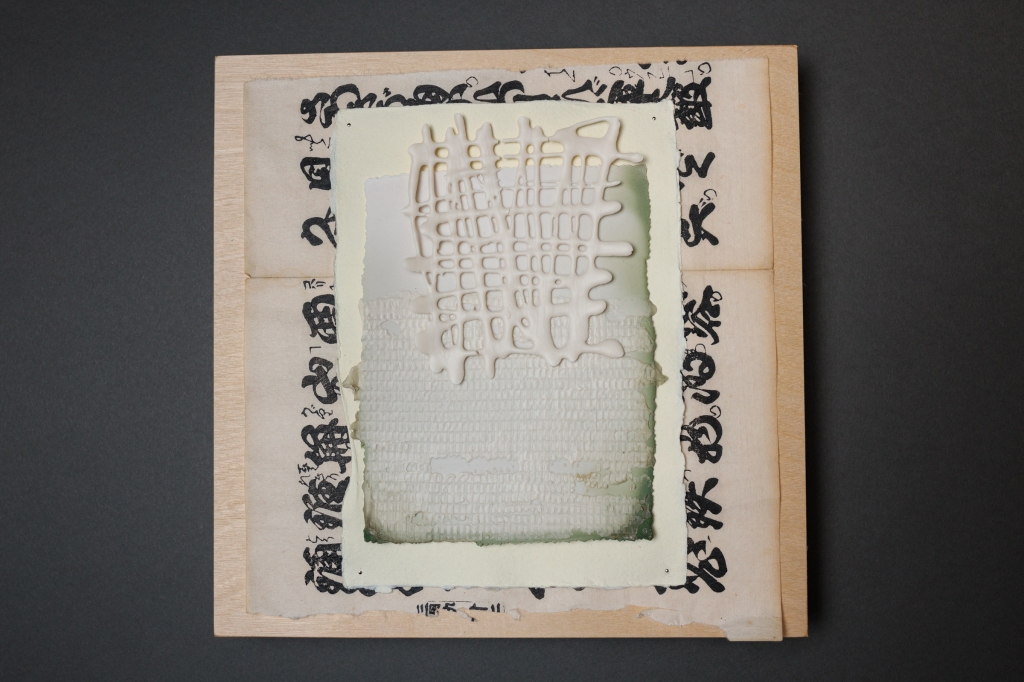
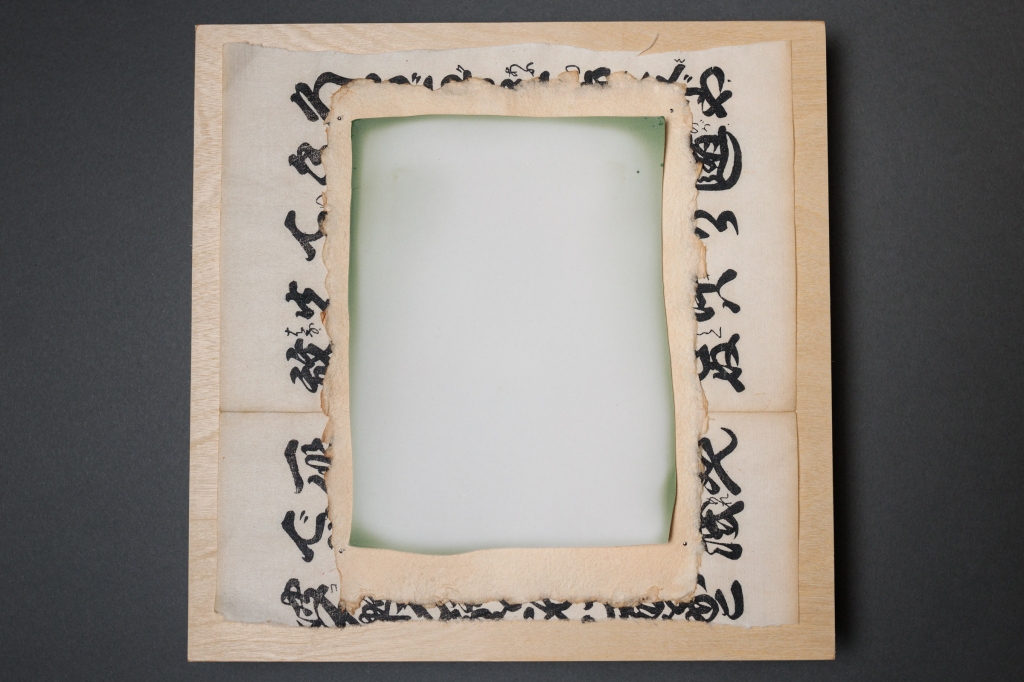
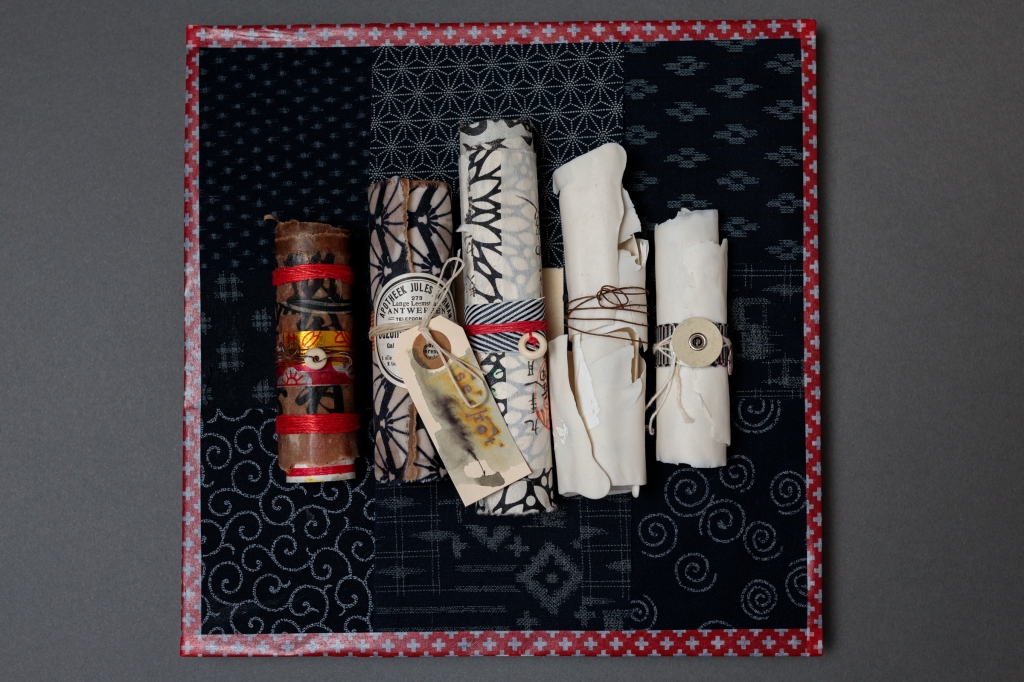
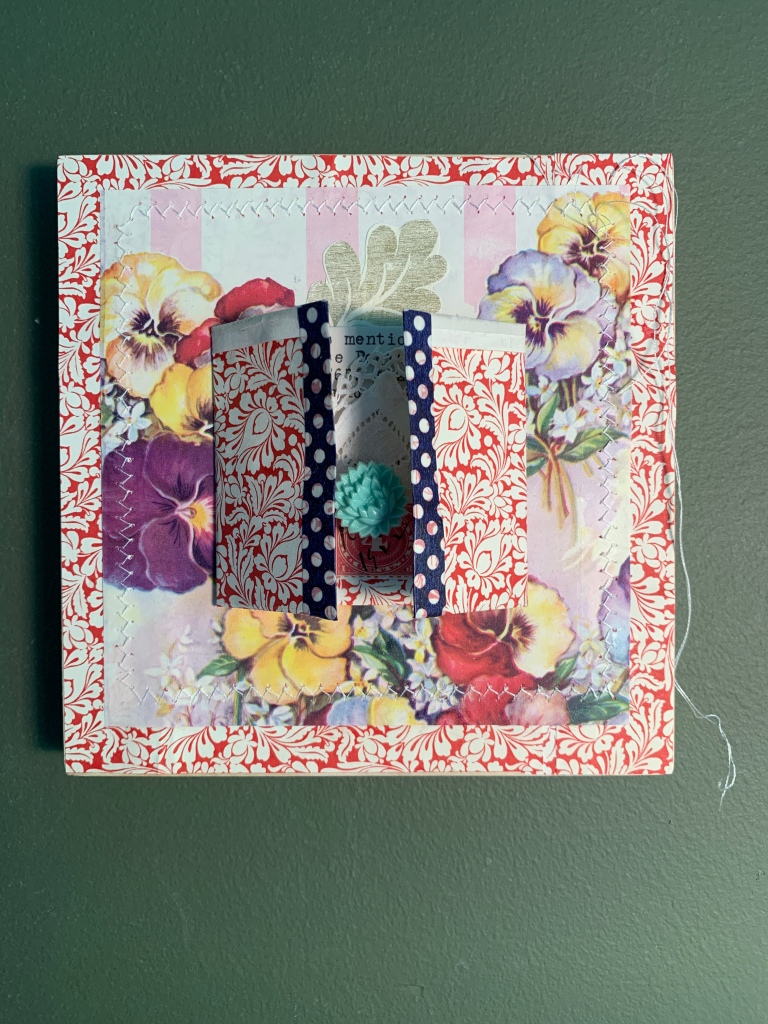
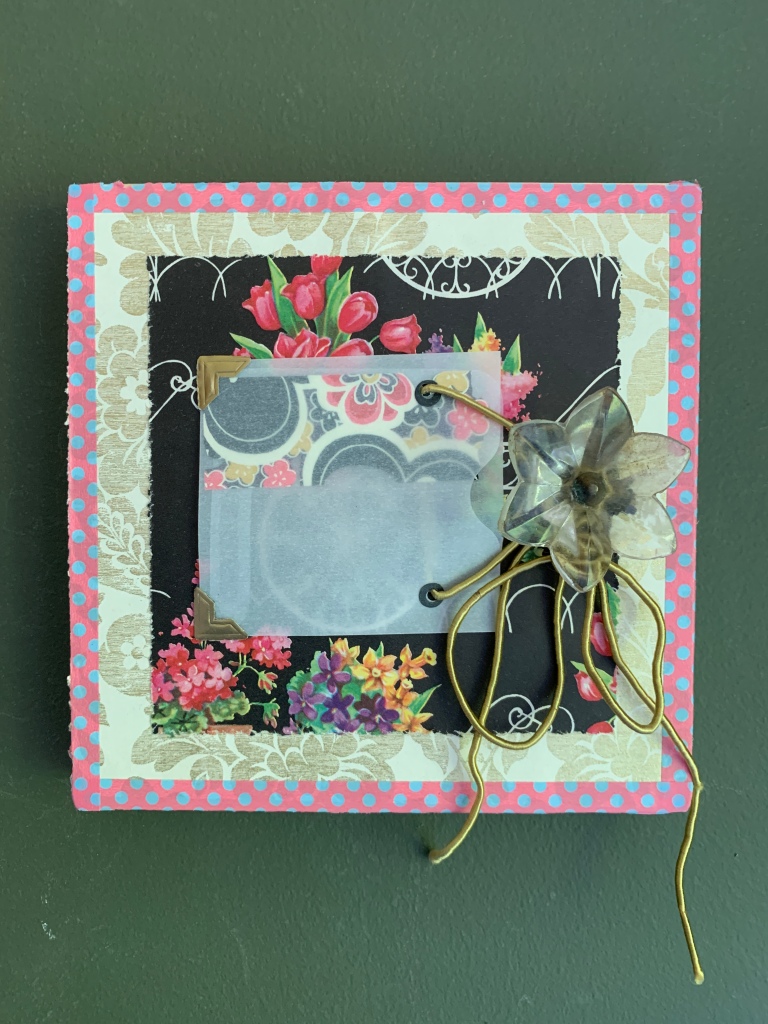
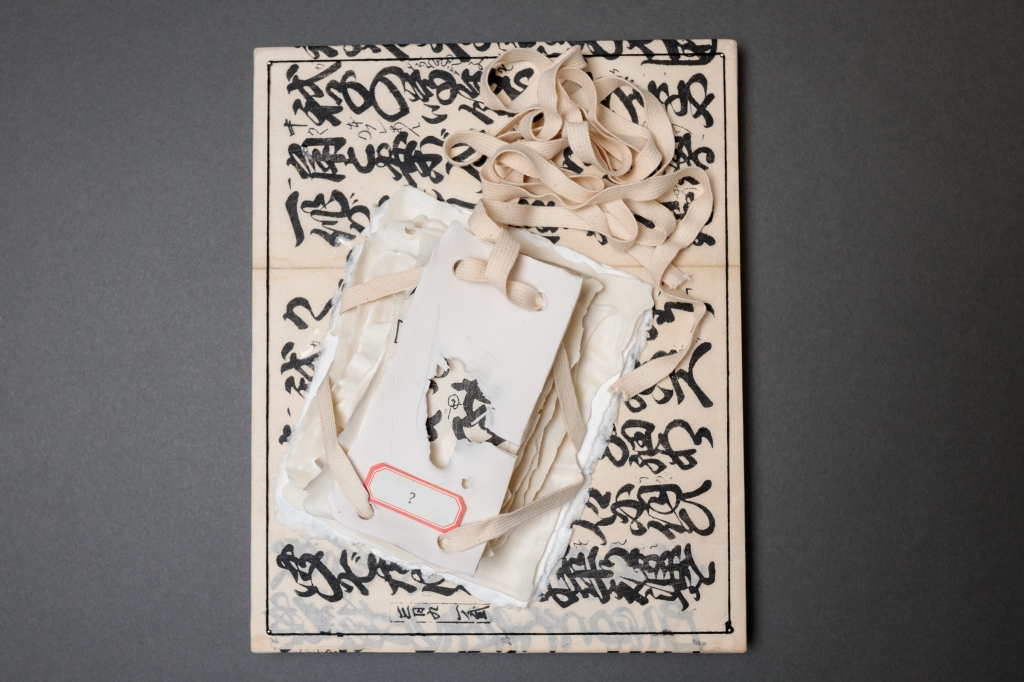
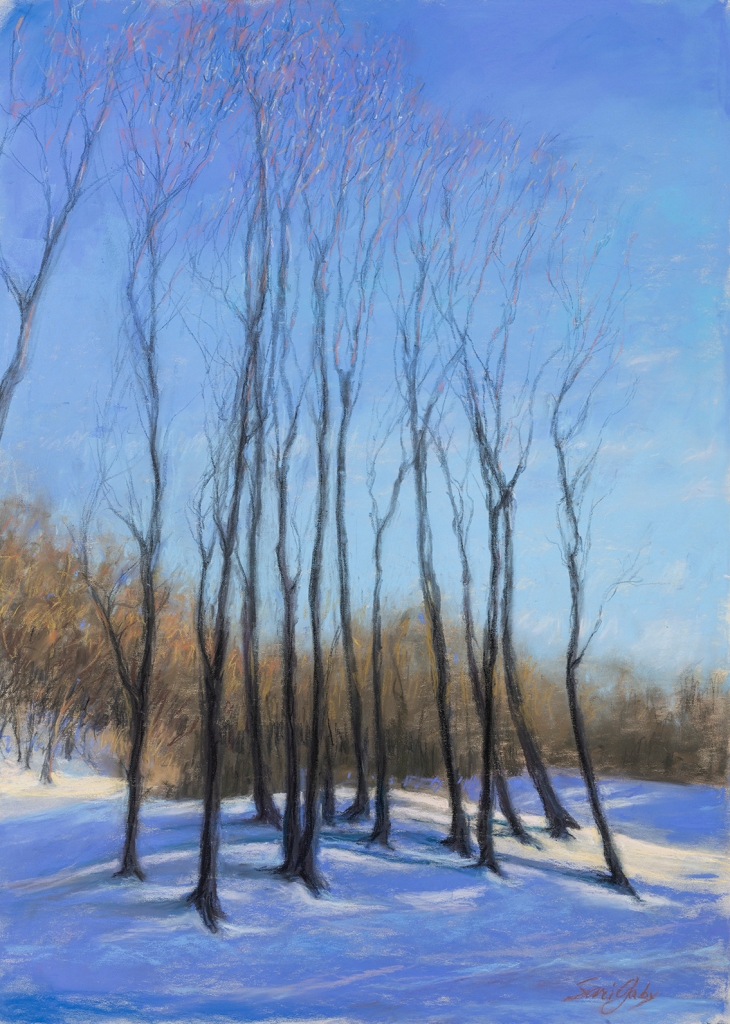
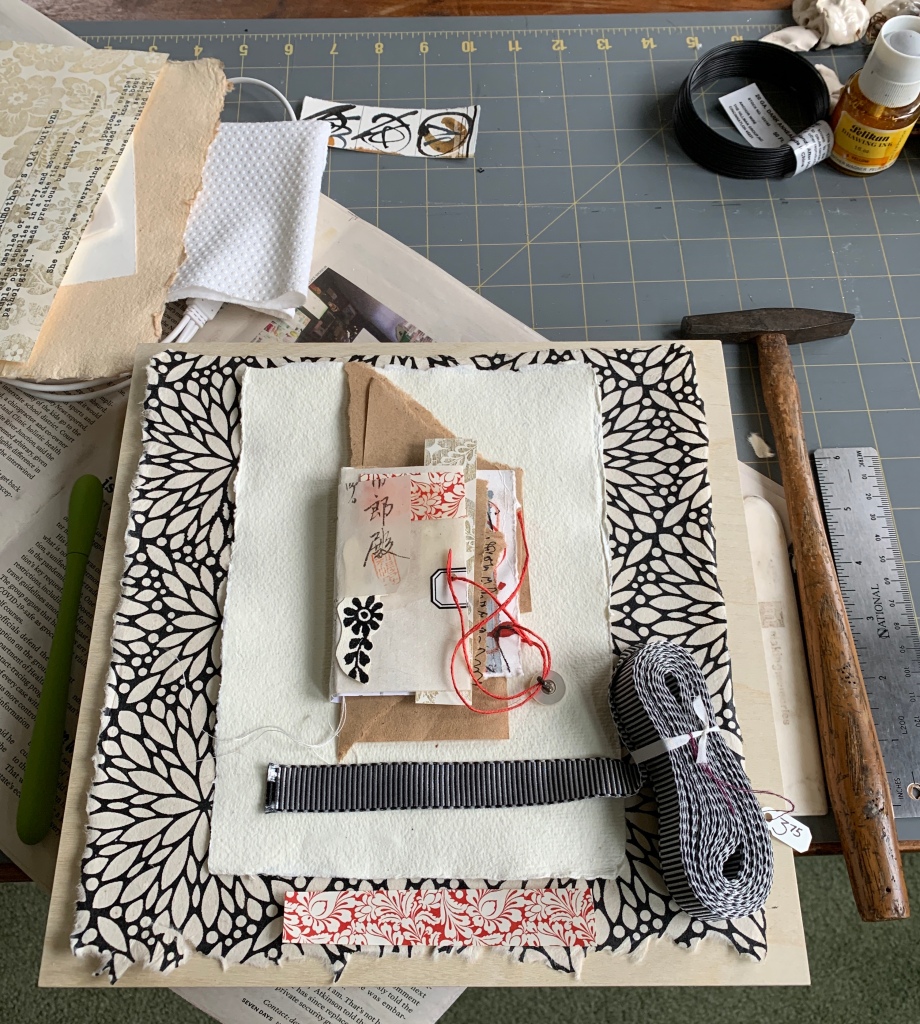
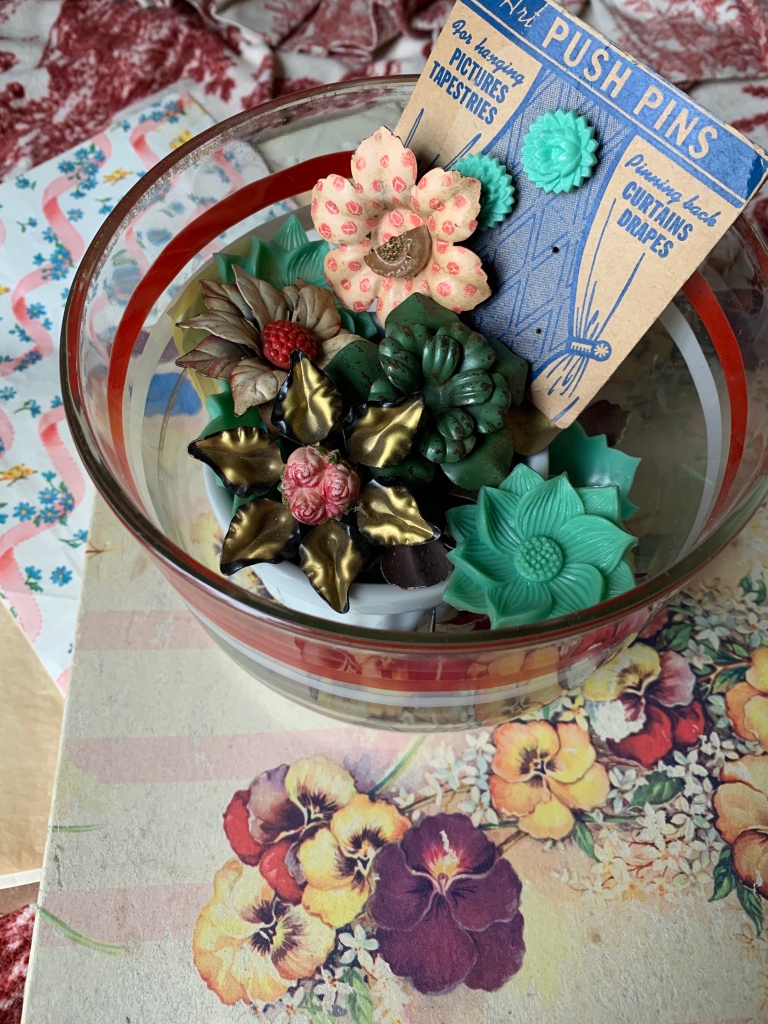
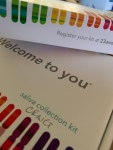
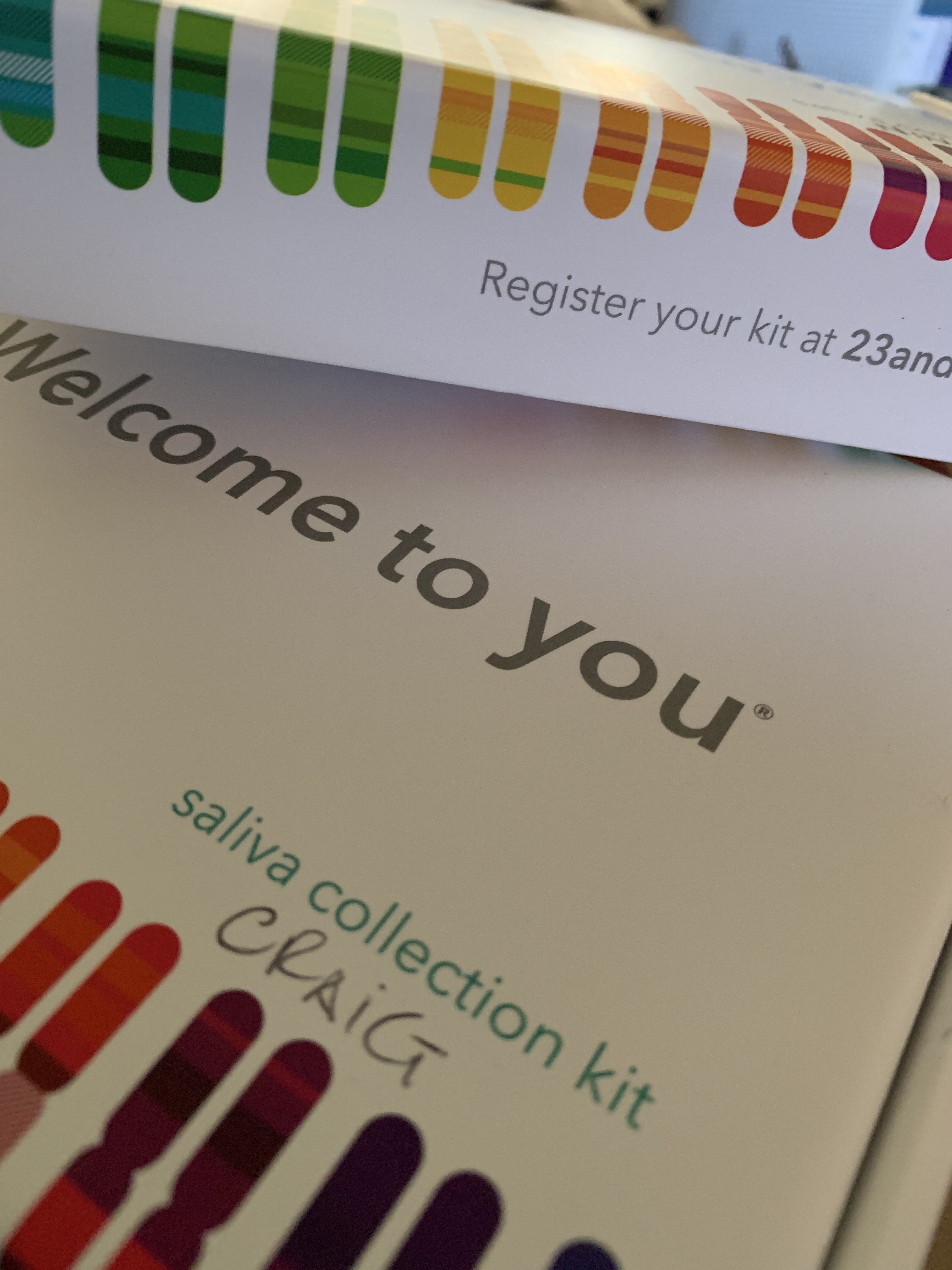




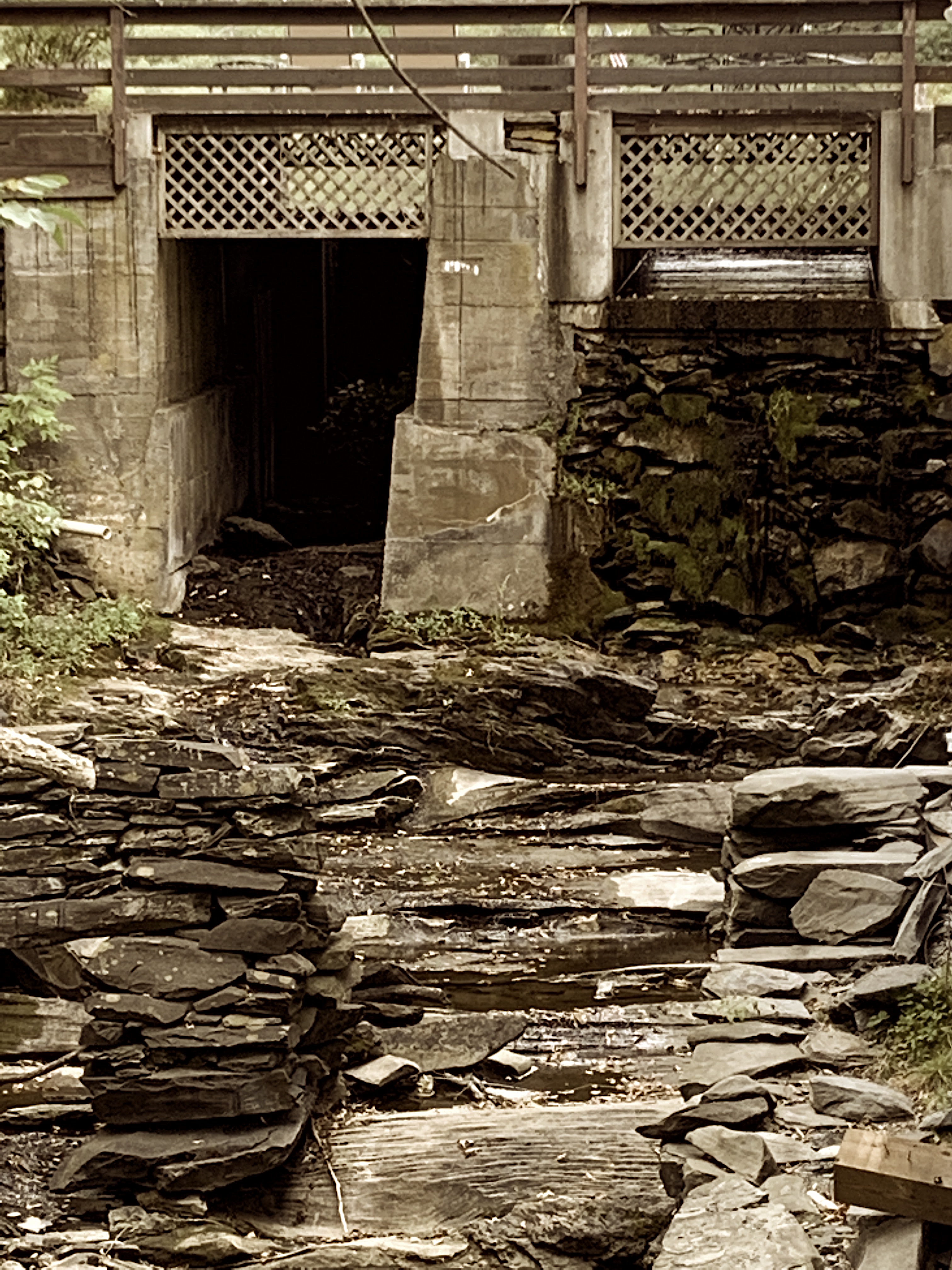 Dam across the road, also dry
Dam across the road, also dry 